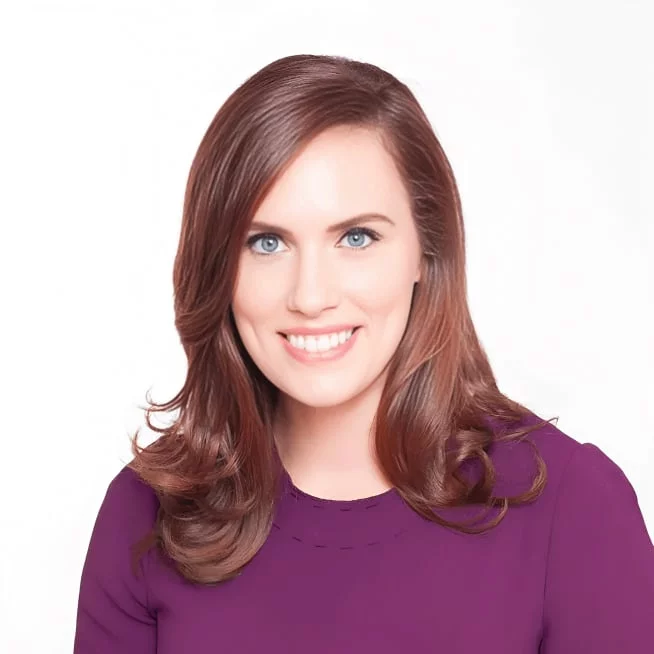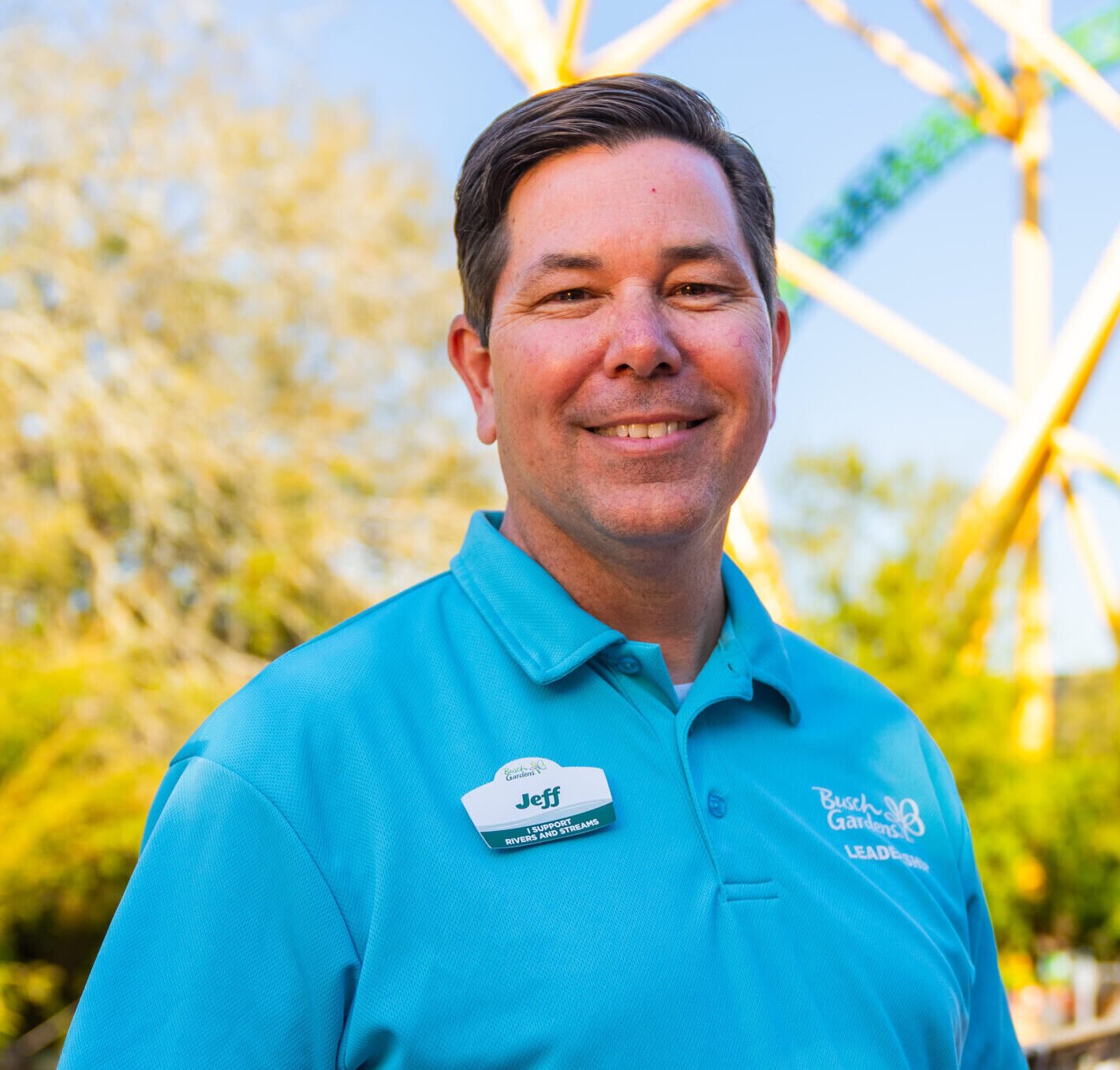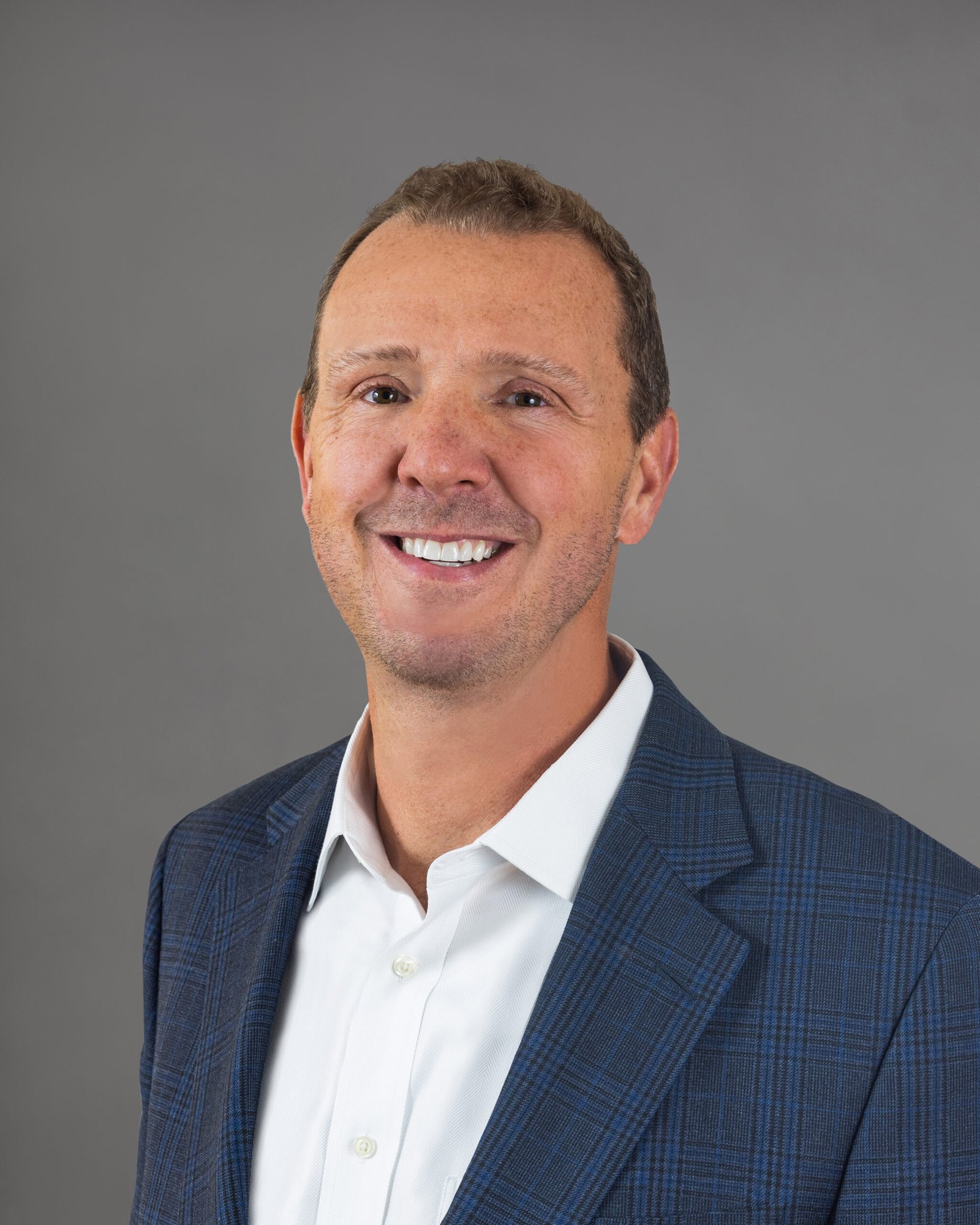I recently went one on one with Michael Schauch, author of A Story of Karma.
Adam: Thanks again for taking the time to share your advice. First things first, though, I am sure readers would love to learn more about you. How did you get here? What experiences, failures, setbacks or challenges have been most instrumental to your growth?
Mike: Thank you Adam – it’s a great pleasure to be here with you!
Looking back, three key moments in my life come to mind. The first was when I was around 17 years old. Growing up on the West Coast of Canada, I always had an appreciation and a love for being in nature. One day a friend and experienced mountaineer offered to take me up a local mountain. He lent me his ice axe, crampons and harness as it was a fairly technical climb. I had never climbed a mountain or used any of this gear before, but as a 17-year-old kid I didn’t think much about it. We climbed for hours up this very steep icy snow slope – kicking, kicking, and plunging our ice axes. As I stopped to catch my breath, I remember looking over my shoulder and seeing all these distant peaks illuminated by the sunrise in pinkish purplish hues. I couldn’t believe it – there was this whole other world up here outside of our everyday life and only accessible by our will to climb. Since then I dove into mountaineering and never looked back, and have always made mountaineering a focal part of my life.
Another was when I failed my first writing assignment at university. Creative writing was my best subject in school and I had a dream to become a creative writer. My teacher often told me to submit my work for publication (which I never did at that time). But when my prof handed my first writing essay back to me in university, I was astonished to discover that I had received an F! I had never failed anything before, let alone in writing. At the same time, however, a little business I had started in high school was quickly growing national. So I began to look into the business faculty. The more I looked into it, the more I learned that the business folks were all about creative thinking – redefining what is possible, while the creative writing program seemed to want to keep me in a box. I decided to pivot into business. It wasn’t until I was in my early 30’s that I returned to writing.
Perhaps the most defining moment of my life was when my dream to climb an unknown mountain in the Himalayas was crushed before my eyes (we were caught in a snowstorm at 17,000 feet and the mule carrying my climbing gear ran off). Those events forced me to question my values and my own identity – I ended up going through a ‘Jeckel and Hyde’ like conversation with myself for several days in the middle of the mountains – not understanding why my long-held dream was being shattered. Trusting in the process and the unfolding of events, however, I was led to meet a little girl named Karma in a remote Himalayan village. That moment changed my and my wife Chantal’s lives in ways we could have never dreamed of.
Adam: What do you hope readers take away from your new book?
Mike: Over the years Chantal and I have shared parts of our journey with Karma and her family with many people from all different walks of life. No matter who’s sitting on the other side of the table, the story evokes a deep emotional response and a yearning for more. I’m hoping A Story of Karma, can open the story to many more people, helping to share what is possible when we step outside of our minds and follow our hearts. I never knew a mountain could guide me to such a profound soul connection across cultures and continents, and the most meaningful and fulfilling experiences of my life.
Adam: What do you believe are the defining qualities of an effective leader?
Mike: I think compassion is needed more than ever – compassion for each other and for our planet. We must shift our view away from what we can get to what we can give. Part of compassion is opening our hearts and minds to others – not judging them or thinking that we understand them. This is critical to removing our own blinders, helping us become aware of what we are not seeing and the damaging behaviors we may be perpetuating. Practicing compassion empowers us to make better decisions for ourselves, our communities, and for the earth.
In this vein, it’s also critical to understand that all things are interconnected. As a leader this means practicing a holistic approach and mindset – understanding that nothing exists in a silo. This means understanding how our decisions are impacting others and indeed all life on earth. In other words, when we see another person it’s important to try to see the whole person. When we look at our home here on earth, it’s important to understand that we are but a tiny part of a highly complex and interdependent system – every decision we make affects everything else (and vice versa).
Have a long-term vision (this is different than simply having a vision). One of the best leaders I’ve seen exemplify this is Thrangu Rinpoche – a high-ranking Tibetan Lama who is the founder of the Shree Mangal Dvip Boarding School (SMD) in Kathmandu, Nepal (the school Karma and her sister Pemba attend). He’s dedicated his life to provide education for the “lost children” of the Himalaya – children who are in such remote pockets in the mountains they were otherwise forgotten about. Several decades after starting the school, the impact of SMD’s education can be seen – not only has it opened more life choices for the children, but it’s also empowered them to help their own people and villages.
Adam: How can leaders and aspiring leaders take their leadership skills to the next level? Adam: What are your three best tips applicable to entrepreneurs, executives and civic leaders?
Mike: Stay curious. Keep exploring and learning, especially from those who may have a vastly different story than your own. We don’t know what we don’t know – the more we think we’ve figured it out, the more we tend to put on the blinders. The more we open ourselves to the stories of others, the more we can learn about ourselves and make better decisions for our communities.
Lead with the heart. This doesn’t mean turning the mind altogether off. It simply means having the courage to listen to the language of the heart, and acting on it (and having the wherewithal to continue to act on it even when the path is difficult or unclear). If there’s one thing I’ve learned from Karma and Pemba, it is to not forget how one decision (and series of decisions) made with the heart can change everything.
Be gentle on ourselves. Life is a constant practice, and I feel like there is a lot of judgement in the world these days – both on ourselves and each other. It’s important to remember that everyone (ourselves included) are on our own journeys. The best we can do is to support each other in those journeys, and not get caught up in expectations.
Adam: What is the single best piece of advice you have ever received? Adam: What can everyone do to pay it forward?
Mike: A wise woman once said to me, “no matter who we are – no matter how young or old, rich or poor, weak or strong, we all need help. And because we all need help, we all must also help.” This has always stuck with me. I’ve always tried to do the right thing, and help where I can.









